Whether you have bought our made your own compost you will need to find out how much to put in your garden for the best results. Our simple garden compost test is easy to do right at home! These methods fulfill the first characteristic of a High Performance Garden, “In harmony with nature”. If you know a rough estimate of the amount to put in your garden beds you will feed your plants the nutrients they need and keep the soil food web healthy. In our first training video we will go over a very quick test for finding out if your compost is ready and then we will set up the “green bean and tomato compost test”.
Are you ready? Let’s get started!
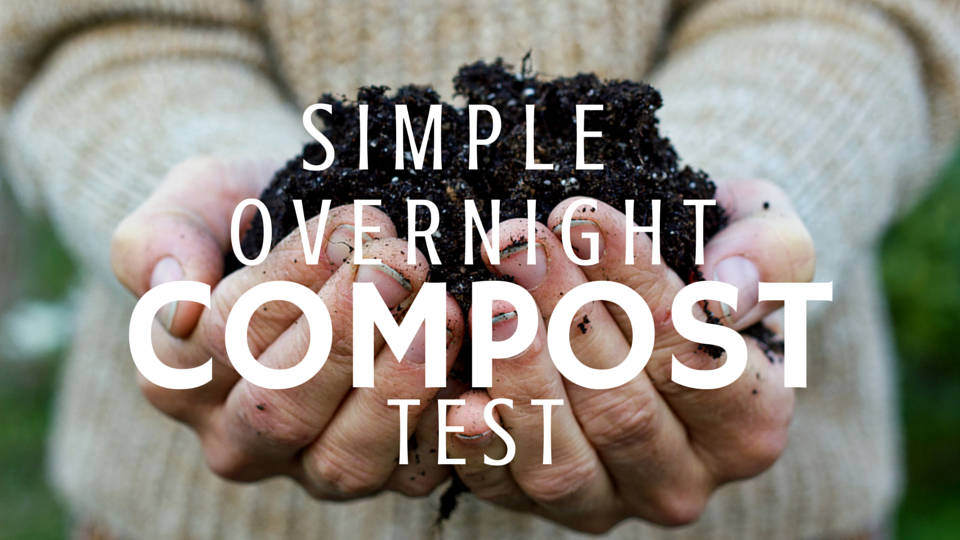 Overnight Garden Compost Test
Overnight Garden Compost Test
This garden compost test cannot get any easier. This two step process will show you if your compost is finished processing.
1) Put 4-6 cups of compost in a ziplock bag and seal it up for 24 hours.
2) Open the bag and smell your compost. If it smells like ammonia then the compost is not finished processing and has too much nitrogen in it. You want the compost to smell like earth. This allows you to use larger amounts and it will be mild on your plants.
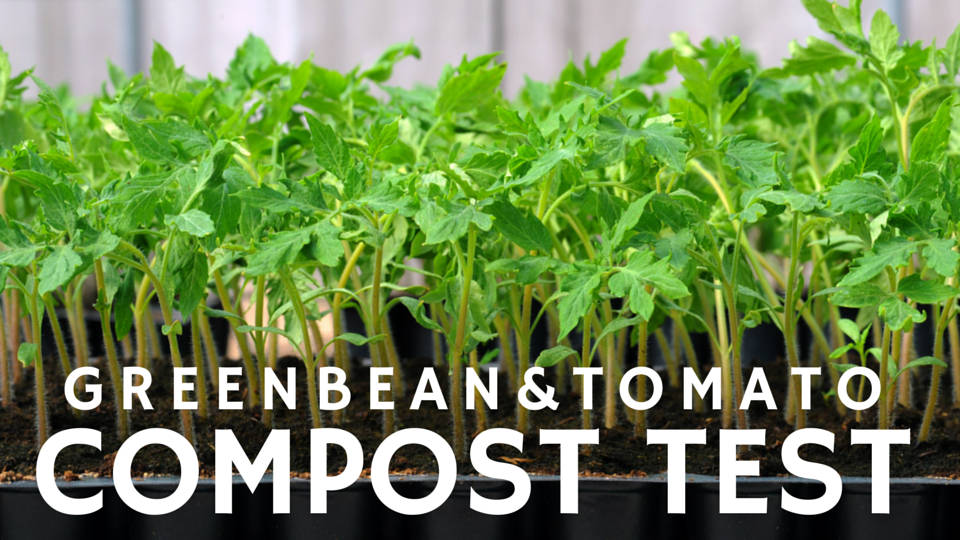 Green Bean & Tomato Compost Test
Green Bean & Tomato Compost Test
This test will give you a great estimate for how much compost to use in your garden. It is a great test to do to understand the potency of your compost and how to best mix it with your soil for optimum results.
1) Gather the supplies for eight 3″ seedling pots.
2) Fill 2 pots with seedling soil mix (get the secret soil mix recipe at Starting Seedlings), 2 pots with 1/2 seedling soil mix to 1/2 compost, 2 pots with 1/3 seedling soil mix to 2/3 compost and the final two pots fill with straight compost.
3) Plant 2 tomato seeds in each mix and then bean seeds in the other four pots. The tomatoes are heavy feeders and will need a more potent compost soil mix. The bean seedlings will be sensitive to the nitrogen and in a potent compost mix will have a “burned” unhealthy look to them. Between these two seedlings you should be able to gauge the strength of your compost and what the correct ratio would be for your garden.
4) Water your seedlings and monitor their growth for the next 3+ weeks.
5) Check your test results.
Mild Compost: In a nice mild compost you will see your beans grow in the straight seedling soil mix, the 1/2 and 2/3 compost. In the straight compost they will have a very difficult time even germinating and will have a scorched look. The tomatoes should grow in the 1/2 and 2/3 compost mixture and thrive in the straight compost mix. Your tomatoes will look sorry and stunted by weeks 5-6 or even sooner in this test if not transplanted. A tomato seed has enough nutrients to sustain the plant until it has it’s first adult leaves. If your compost is totally finished and mild the tomato seedlings should grow just fine in the straight compost mix. It is generally best to keep your garden beds filled with 1/2 compost to 1/2 of your soil mix and then feed your heavy feeder plants.
Hot Compost: In hot compost your beans will have a scorched look in the 1/2 and 2/3 compost mixtures. In this case back off on the amount you use in your garden . If your compost is still processing your tomatoes will also have the scorched look when planted in the straight compost.
Now go and test your compost! It’s key to keeping your garden, soil food web and plants organically well fed and nutrient dense. How is your garden doing? Are there any questions you need answered? Email me or leave your questions in the comments below and I would love to help you!
Share the High Performance Garden Community!
Invite the want-to-be and struggling gardeners in your life to join you as you begin to create the high performance garden of your dreams! We want to make this sharing easy so we have included a High Performance Garden Community invitation in this blog! Share them via social media and check us out on Facebook to become connected with the latest in High Performance Garden education!
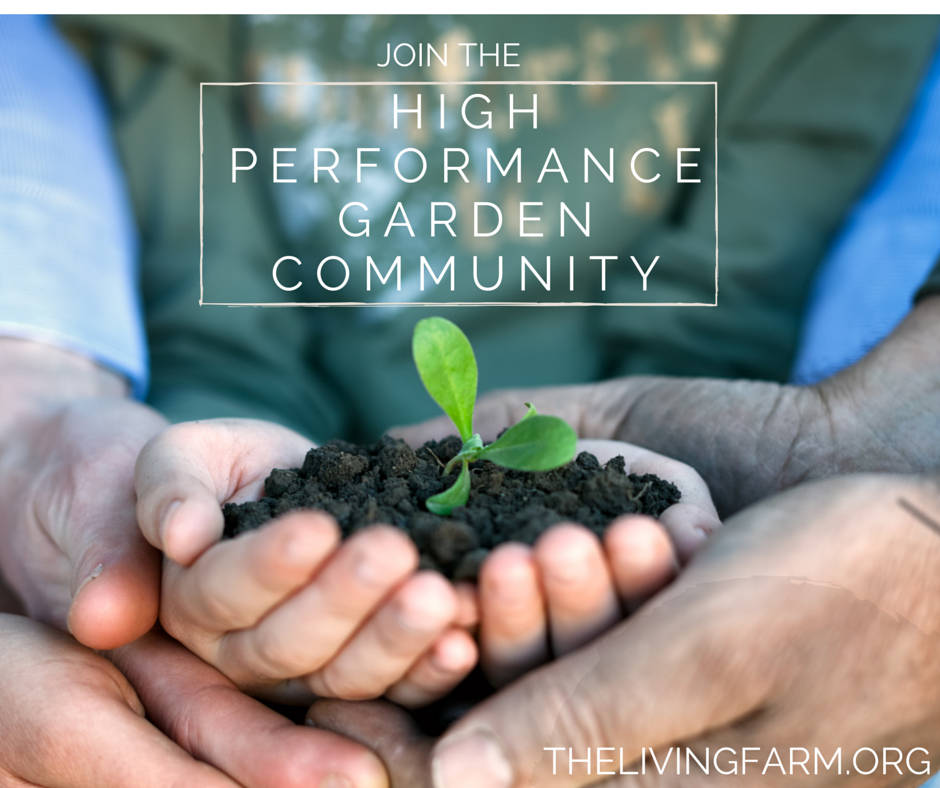
May your garden be easy, fun, productive and always organic!
Lynn Gillespie
Email me any questions you have about your compost. Feeding your soil food web is key to your high performance garden.

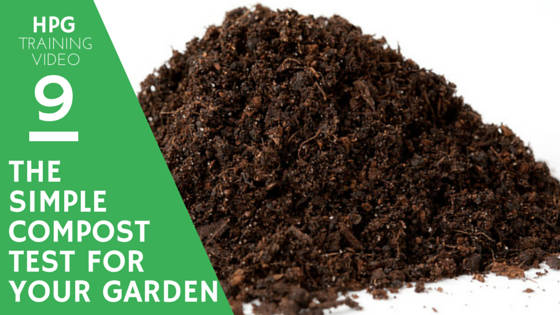
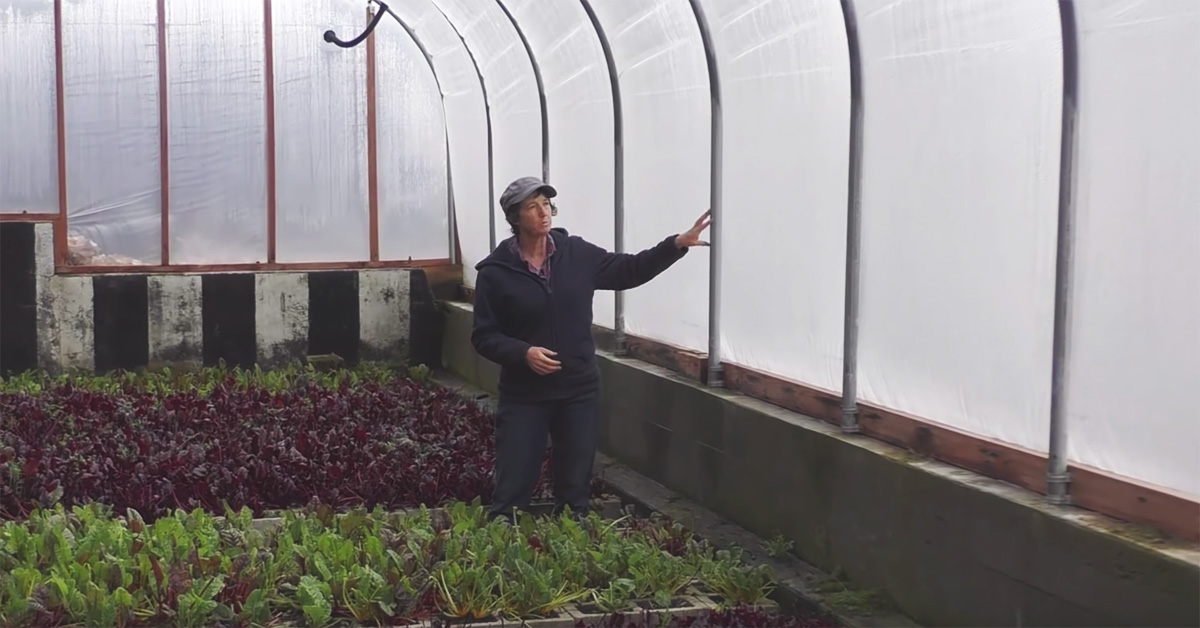
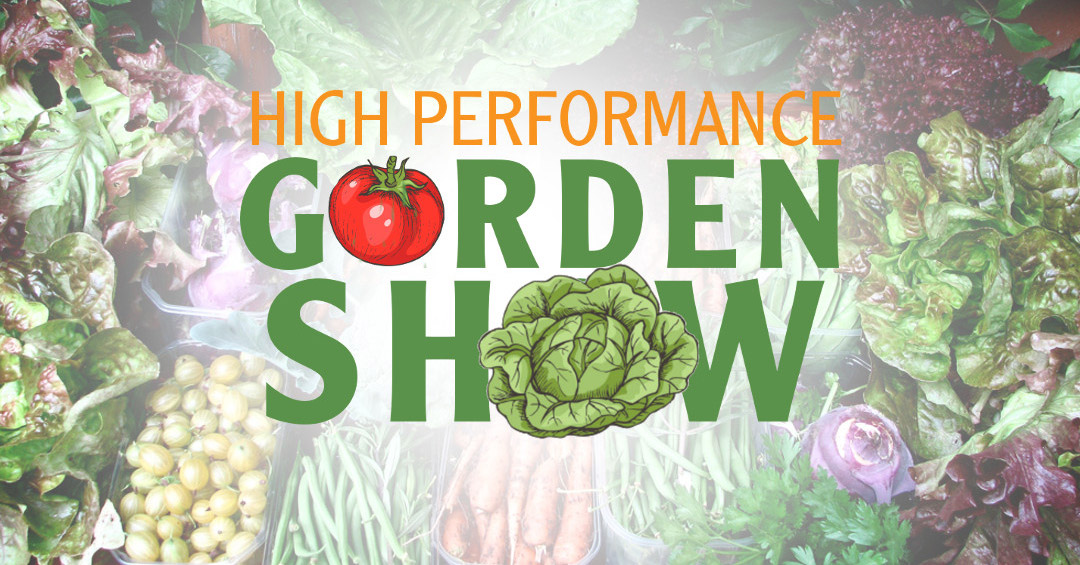
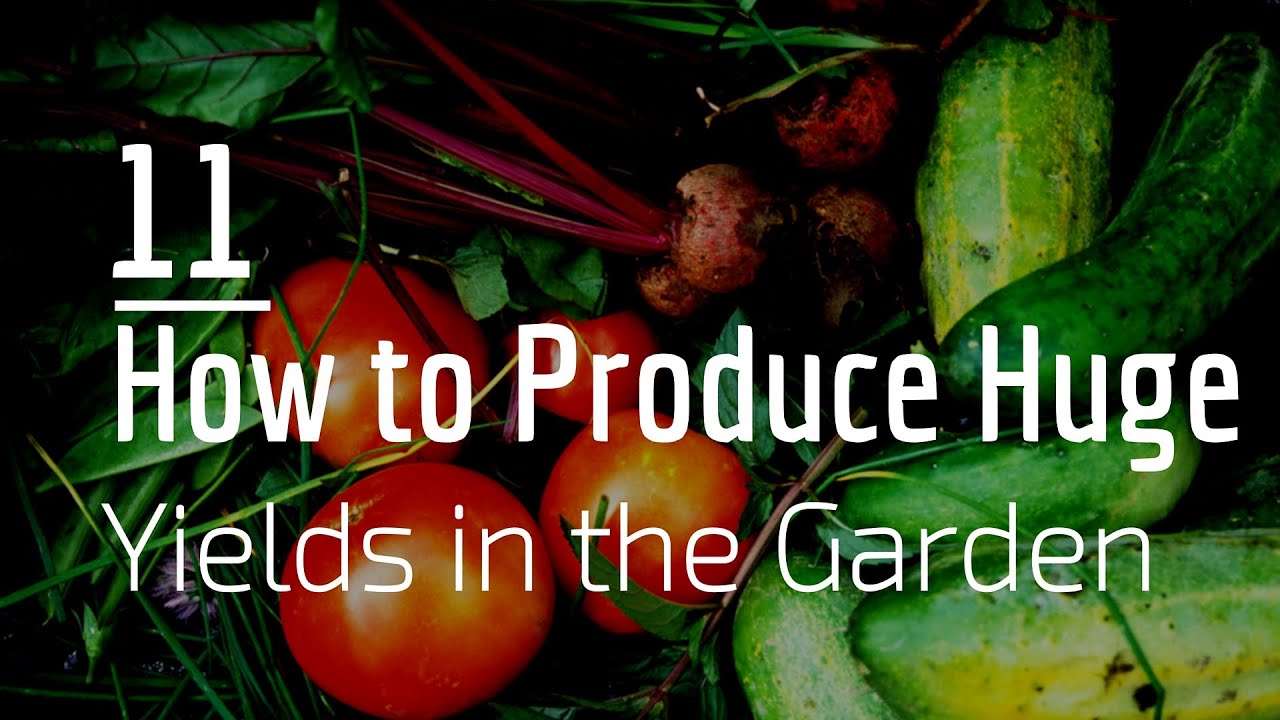
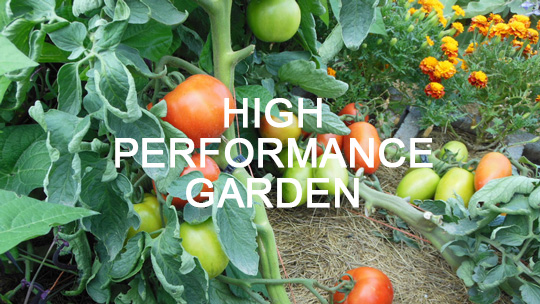
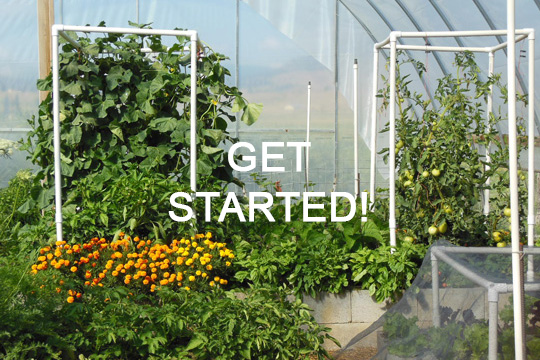

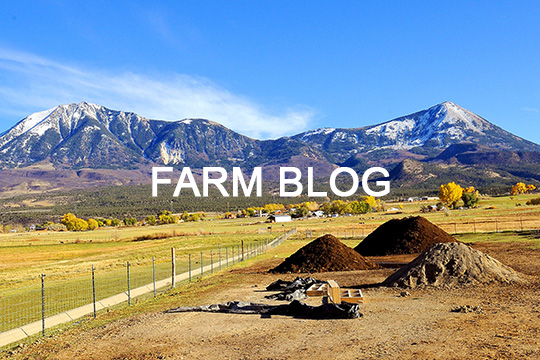
Thanks for the great info Lynn. I’ve got 3 different kinds of compost and will start my tests shortly. Leaf, wood chip and store bought composted manure. I have a feeling the composted manure is bad news because my seedlings did not do well at all in the mix with the manure in it. It will be interesting to compare all three.
I’m so glad it could help Paul! You are going to have quite the interesting test for your seedlings. Once you finish I would love to hear about it! Feel free to email me as your test continues. It will be exciting to discover alongside you what your test results will be!
Excellent info.
Thanks
I took all my oak leaves out of my compost. They had not broken down in over one year. I added paper instead with my house scraps.
That’s great Brenda! Oak leaves can potentially be composted. They just take a long time and need to be properly broken down beforehand. Good luck with your compost pile!
We just started composting at home and are testing ours compared to store bought compost using your method. Excited to see the results, which will be posted on our blog!
How exciting! Make sure to link back to the blog post of your results in the comments. It would be interesting to find out what your results are. Great blog by the way! Keep it up!